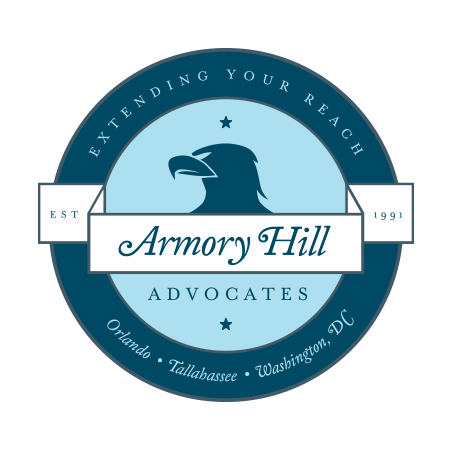I recently spoke at the HITS ((Healthcare Investors of the South) Conference in May, 2022, on Regulatory and Legislative Considerations For Healthcare Investors.
Panelists:
Chris Meekins |Managing Director, Washington Healthcare Policy, Raymond James
Jon Rawlson |President and Founder, Amory Hill Advocates
Jennifer Weaver |Healthcare Industry Partner, Holland & Knight (formerly Waller)
Key Takeaways from the panel include:
• Congress is on a constant quest for more data, more cost reports, and more transparency, and it’s working on the assumption that things are not what they should be when that’s not the reality of the situation.
• The problem for Private Equity is similar to the problem facing PBMs because they’re viewed as a black box. Private Equity doesn’t have an effective lobby like Pharma or any of the other entities in D.C., so Private Equity is easy to point a finger at. If Private Equity is not at the table, it can end up on the table. Private Equity needs to open its checkbooks and invest in lobbyists to advocate on their behalf and actively engage.
• The onus is on Private Equity to be able to prove its compliance program is second to none, clinical programs are executed well and above board and are available for audit at any time. Private Equity must arm itself with sound arguments that it’s delivering the best quality care, regardless of whether it’s for profit or not for profit.
“Private equity healthcare investors are under increased scrutiny from the government and whistleblowers, who gravitate towards the perceived ‘deep pockets.’ The government is particularly focused on individual liability for Private Equity executives who serve on the boards of their healthcare portfolio companies.”
-Jennifer Weaver |Healthcare Industry Holland & Knight (formerly Waller)
About the HITS Conference:
Leaders in private equity, financing, M&A, and development gathered to share insights and observations at the inaugural “Healthcare Investors of the South” conference, hosted by Gallagher, LBMC, Raymond James, and Waller. This day-long intersection of thought leaders produced an essential road map to navigate headwinds and tailwinds as the healthcare industry emerges from a pandemic and faces an uncertain economy.





